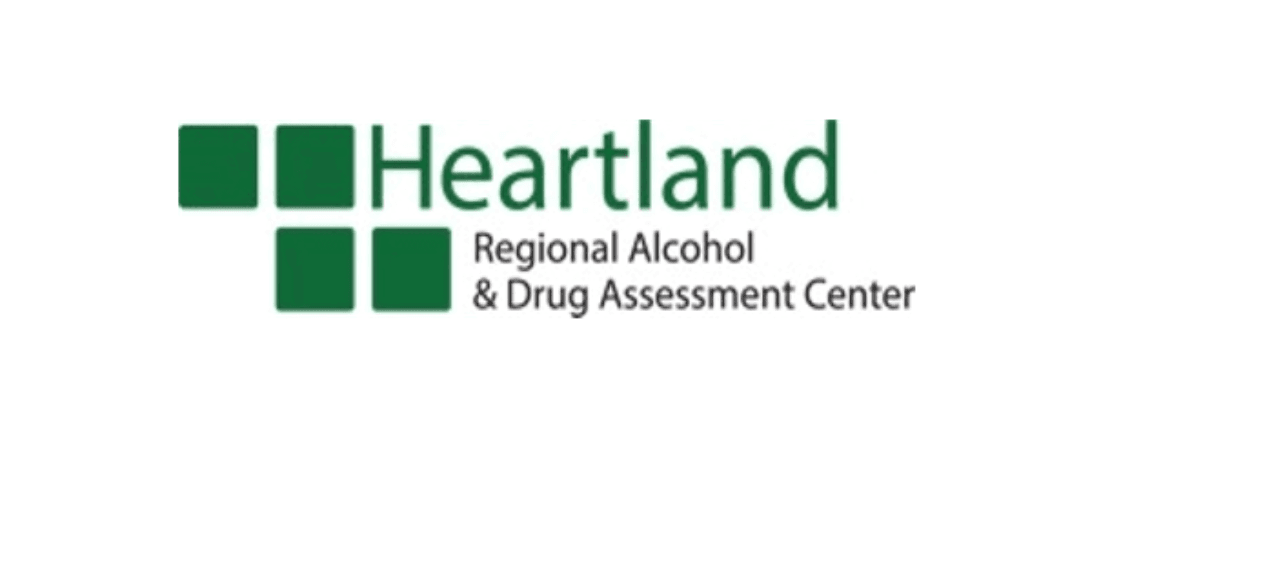Last week was Earth Day, and while most think about planting trees and recycling, textile waste is a prevalent problem contributing to global warming. Pamela Norum's study, published in the Family and Consumer Sciences Research Journal, surveyed more than 500 American baby boomers and millennials about their clothing consumption practices. “In 2012, Americans created more than 14.3 million tons of textile waste." Most textile waste is due to ignorance in basic sewing skills and buying throw-away clothes.
We either don't know how or don't care to fix minor stains or tears. Norum added, "If we, as a nation, want to move toward more sustainable practices in all aspects, we need to evaluate not only how we take care of our clothes, but how we educate younger generations to do so as well." This means that if we follow these three sustainable practices, we can minimize textile waste:
Thrifting—Second-hand clothes are not only cheaper, but decreases the amount of thrown-away clothes. Buying used clothes minimizes manufacturing demands and keeps the items out of landfills. Additionally, most thrift shops give back and support the community.
Handmade—Investing in clothing is on a downward trend. Think of clothing as heirlooms and as lasting pieces in life. Invest in a one-of-a-kind handmade piece of clothing that will stand up to life’s wear and tear.
Organic—Cotton that is grown with the use of pesticides pollutes natural resources, and the residues are still traceable through wearing clothing. These increase the harm and risk for textile workers and textile wearers. Organic clothing is healthier without all the chemicals and pesticides.

